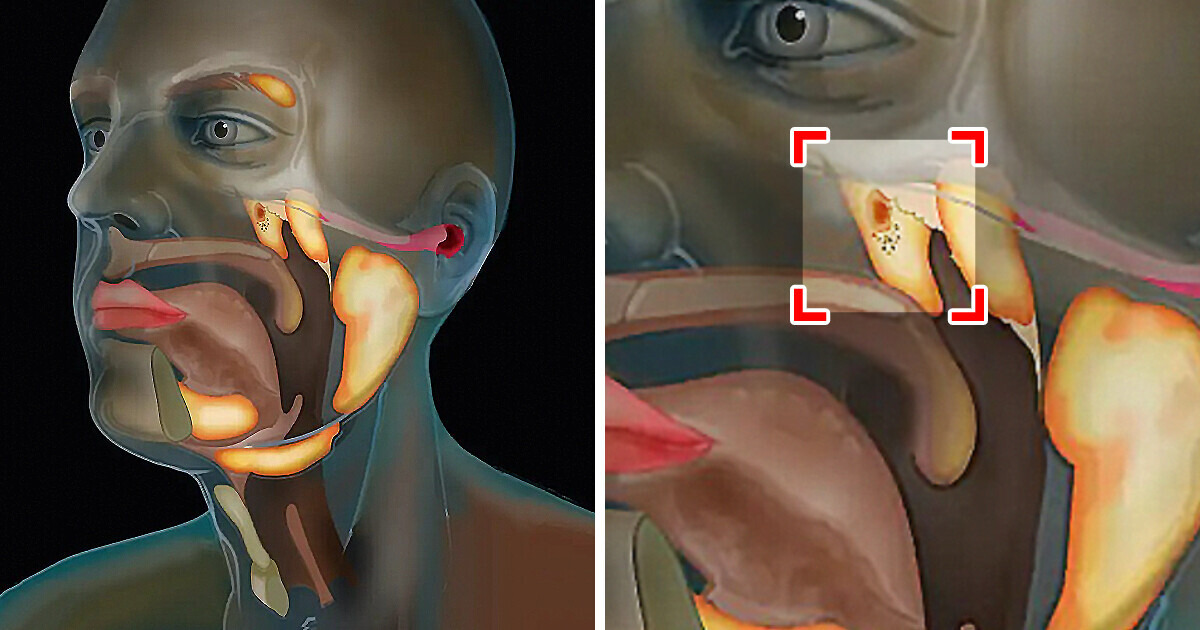“Aged Suddenly,” Angelina Jolie Surprises People With Drastic New Look


Scientists in the Netherlands made a surprising discovery: a new set of organs in the nose and throat area. They found these while scanning patients for prostate cancer, revealing structures that looked like salivary glands. These findings challenge what we knew about our bodies and could lead to new treatments.
“People have three sets of large salivary glands, but not there,” radiation oncologist Wouter Vogel said. “As far as we knew, the only salivary or mucous glands in the nasopharynx are microscopically small, and up to 1000 are evenly spread out throughout the mucosa. So, imagine our surprise when we found these.”
The mystery structures are indeed similar to known salivary glands, which are located under the tongue, by the ears, and behind the jaw.
In a recent study published in Radiotherapy and Oncology, Vogel and colleagues proposed naming the potential new organs “tubarial glands,” based on their proximity to a bump known as torus tubarius.
The new glands are located in an area related to chronic sinus and ear problems. “I think this is a nice reminder that even things as simple as basic human anatomy still leave a wealth of puzzles to be uncovered and solved,” Dr. David Gudis, an otolaryngologist at Columbia University Irving Medical Center, commented.
The newfound organ might hold the key to understanding why patients undergoing radiotherapy often face issues like dry mouth and difficulty swallowing afterward. According to Dr. Vogel, damaging this organ, even with a slight error during treatment, could cause permanent harm. Since no one was aware of these glands before, there was no effort to avoid harming them during radiation therapy.
While the discovery happened by chance, scientists are optimistic. They believe that understanding these tubarial salivary glands could significantly reduce complications for cancer patients undergoing radiotherapy. Now that researchers are aware of this organ, the next challenge is to figure out how to protect it. If they succeed, it could improve the quality of life for people during radiation treatments.
The discovery of this remarkable new organ has opened up a world of possibilities in the field of human biology. But as scientists venture deeper into the realms of the past, their ambitions extend far beyond our own species. In our next article, prepare to embark on a thrilling journey through time as we explore the groundbreaking efforts to resurrect some extinct animals.











